-
Doctors
-
Specialities & Treatments
Centre of Excellence
Specialties
Treatments and Procedures
Hospitals & Directions HyderabadCARE Hospitals, Banjara Hills CARE Outpatient Centre, Banjara Hills CARE Hospitals, HITEC City CARE Hospitals, Nampally Gurunanak CARE Hospitals, Musheerabad CARE Hospitals Outpatient Centre, HITEC City CARE Hospitals, Malakpet
HyderabadCARE Hospitals, Banjara Hills CARE Outpatient Centre, Banjara Hills CARE Hospitals, HITEC City CARE Hospitals, Nampally Gurunanak CARE Hospitals, Musheerabad CARE Hospitals Outpatient Centre, HITEC City CARE Hospitals, Malakpet Raipur
Raipur
 Bhubaneswar
Bhubaneswar Visakhapatnam
Visakhapatnam
 Nagpur
Nagpur
 Indore
Indore
 Chh. Sambhajinagar
Chh. SambhajinagarClinics & Medical Centers
Book an AppointmentContact Us
Online Lab Reports
Book an Appointment
Consult Super-Specialist Doctors at CARE Hospitals

Structural Heart Diseases
Structural Heart Diseases
Structural Heart Diseases | Heart ValveTreatment in Hyderabad, India
A problem in the heart's valves, walls, or chambers is known as structural heart disease. The problem can be congenital (existing at birth) or evolve. If you have high blood pressure, atherosclerosis, use certain drugs, have had a previous heart attack, rheumatic fever, endocarditis, cardiomyopathy, or certain other illnesses, your chances of getting structural heart disease can increase. Some of the most common heart problems include;
-
Aortic valve disease
-
Congenital heart diseases.
-
Atrial septal defect
-
Ventricular septal defect
-
Hypertrophic cardiomyopathy
-
Mitral valve disease
-
Tricuspid and pulmonic valve disease
At CARE Hospitals, we strive to provide cutting-edge therapy for cardiovascular disorders as well as excellent patient care in order to fight heart disease. CARE Hospitals is India's premier hospital for Cardiac conditions. We have a team of experienced and world-class surgeons, doctors, nurses, and other healthcare specialists, along with the right infrastructure to fight heart disease.
Types of structural heart disease
The primary categories of structural heart disease include:
- Heart Valve Disease: This refers to issues affecting the four valves responsible for regulating blood flow, which can malfunction in their opening and closing mechanisms.
- Cardiomyopathy: This encompasses diseases that involve the heart muscle, affecting its structure and function.
- Congenital Heart Disease: These are structural heart abnormalities that are present from birth.
Causes of structural heart disease
Congenital heart defects can occur from abnormalities in your genetic makeup or DNA. Alternatively, structural heart disease may develop later in life due to various factors, including:
- Aging: As you grow older, calcium deposits can form on your heart valves, potentially affecting their function.
- Substance Abuse: Prolonged alcohol or drug addiction can contribute to the development of structural heart issues.
- Aortic Aneurysm: An aortic aneurysm, an abnormal bulge in the aorta, can lead to heart problems.
- Autoimmune Diseases: Conditions like lupus and rheumatic fever can affect the heart.
- Cardiovascular Disease: Heart diseases and heart attacks (myocardial infarctions) can lead to structural heart problems.
- Heart-Damaging Diseases: Conditions like amyloidosis, hemochromatosis, or sarcoidosis can damage the heart.
- Endocarditis: Infections of the heart's inner lining can result in structural issues.
- Endocrine Disorders: Conditions like diabetes and thyroid disease can impact heart health.
- Hypertension: High blood pressure can strain the heart and contribute to structural heart disease.
- Radiation Exposure: High doses of radiation can damage heart tissues and lead to structural issues.
- Marfan Syndrome: A genetic disorder like Marfan syndrome can affect the heart's structure.
- Muscle Conditions: Conditions such as muscular dystrophy may impact heart function.
- Atherosclerosis: The buildup of plaque in arteries can reduce blood flow to the heart, potentially causing structural heart problems.
Symptoms Of Structural Heart Diseases
The symptoms vary from patient to patient. But listed are some of the common symptoms that you may experience-
-
Transient ischemic attack (TIA)
-
Stroke
-
Shortness of breath
-
Chest pain
-
A tight feeling in the chest
-
High blood pressure
-
Leg cramps
-
Kidney dysfunction
-
Irregular heartbeats
-
Extreme tiredness or fatigue
-
Coronary artery disease
-
Breathlessness
-
Cough
-
Excessive fatigue
-
Weight gain
-
Swelling on ankles, feet, belly, lower back, and fingers
-
Poor concentration and memory losses
Diagnosis
Medical professionals at CARE Hospitals offer a comprehensive range of diagnoses and testing. To check the structural heart failure it is important to follow a series of testing. If you were not born with a congenital heart abnormality, the doctors at CARE Hospitals can identify it through a physical exam. They will also ask you questions about your medical history, symptoms, and general health. Given are the tests and diagnosis conducted here-
-
Blood Tests- A range of health issues can be assessed using blood testing. Your red blood cell count and electrolyte level are two examples (important elements like sodium and potassium). Blood tests can also be used to determine how well your kidneys, liver, and thyroid are working. Blood testing might help you figure out what's causing your cardiac condition. Our cardiologists in India are among the finest doctors from around the world.
-
Urinalysis- A sample of your urine can be examined to see whether there are any abnormalities with your kidneys or bladder that are causing your cardiac condition.
-
X-ray of the chest- An X-ray scan of your chest can be used to evaluate the size of your heart and whether or not you have fluid buildup in your lungs.
-
EKG (Electrocardiogram) - This test captures your heart's electrical activity and presents it on a screen for our cardiologist's to examine. Electrical cables with patches are placed on your chest, arms, and legs during the surgery.
-
An echocardiogram is examined to measure the echo of the heart. This is the simplest technique to determine how well the heart is working. An echo test creates an image of your heart's structure and movement using sound waves (ultrasound). It allows our physician to assess how the heart is pumping. It also looks at the size and the valves in your heart.
Treatment Tests at CARE Hospitals
A thorough examination of the heart is also conducted by the following methods.
-
Imaging tests - They are performed with the help of X-rays and are used in a range of imaging procedures that involve injecting a particular chemical into your circulation. The graphics depict blood flow as well as the structure and movement of the heart. This allows your healthcare experts to determine how well your heart is pumping.
-
Cardiac MRI- It is a test that employs radio waves and strong magnets to create images of your heart and blood vessels while they are beating. The test creates several images that are merged to form detailed graphics or movies while you lie on an exam table with a magnet.
-
Right heart catheterisation- A long, thin tube is placed into a blood artery, generally in the neck or groyne, for this test. The catheter is inserted into the heart, where it can measure pressures in the heart and the artery that leads to the lungs. Heart output and blood oxygen levels can also be measured with the catheter.
-
Angiogram- In this procedure, a catheter is placed into a blood vessel and threaded through the vessel to the heart. Through the catheter, a dye is injected, and special x-rays are used to follow the flow of blood to your heart muscle.
-
Stress test- This test measures how your heart reacts to stress. Exercise (on a treadmill or stationary cycle) or medication can put a strain on your heart. Using an EKG and other imaging, our doctor evaluates your vital signs and monitors your heart's response during this stressful moment.
Prevention
During pregnancy, you can lower the chances of your child developing congenital heart disease by:
- Seeking medical guidance: Consult your healthcare provider regarding the use of medications for chronic conditions like diabetes or epilepsy.
- Quitting smoking and tobacco: Refrain from smoking and using tobacco products.
- Abstaining from alcohol: Avoid alcohol consumption.
- Avoiding recreational drug use: Cease the use of recreational drugs.
- Taking daily folate or folic acid supplements: Ingest 400 micrograms of folate or folic acid per day.
To reduce the risk of certain heart valve diseases and cardiomyopathy, adopt a healthy lifestyle by:
- Maintaining a healthy weight: Achieve and sustain a weight that aligns with health recommendations.
- Adopting a heart-healthy diet: Consume a diet that promotes heart health.
- Engaging in physical activity: Incorporate exercise into your routine.
Why Choose CARE Hospitals to Treat Structural Heart Diseases
CARE Hospitals treatment protocols are of world-grade, and the staff is well-trained and multi-disciplinary. We strive to execute minimally invasive operations for the benefit of our patients, including shorter recovery times and hospital stays, as well as providing them with end-to-end care and assistance. CARE Hospitals Cardiology department has a long history of providing outstanding patient care and offers cutting-edge technology to provide minimally invasive, sophisticated, and modern surgical procedures.
Our Doctors
-
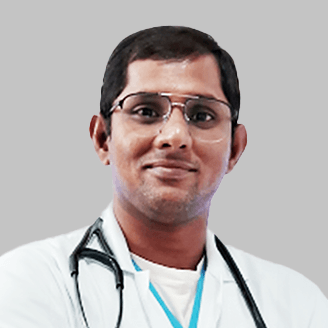
Dr. Attada Prudhvi Raj
MBBS, MD, DNB
Cardiology
View More -
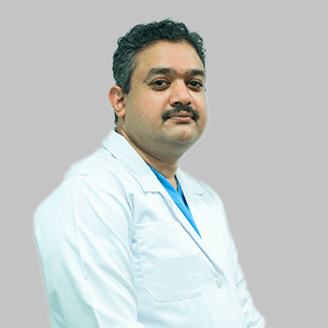
Dr. Arvind Singh Raghuwanshi
MBBS, MD-Medicine, DM-Cardiology
Cardiology
View More -
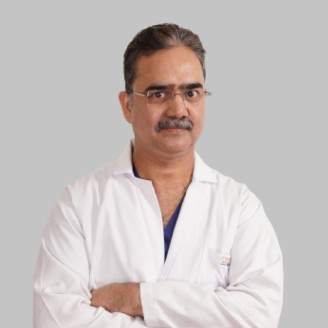
Dr. Sunil Kumar Sharma
MBBS, MD, DNB
Cardiology
View More -
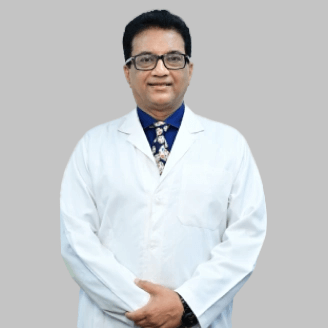
Dr. Rajeev Khare
MBBS, MD (Medicine), DM (Cardiology)
Cardiology
View More -
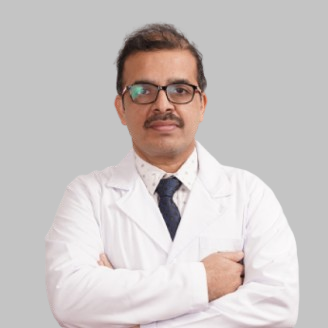
Dr. Nitin Modi
MBBS, MD, DNB, DM
Cardiology
View More -
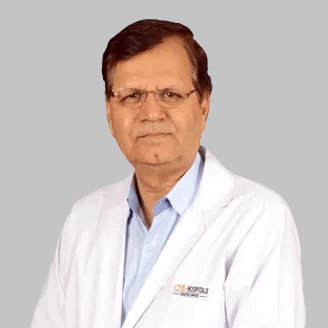
Dr. Girish Kawthekar
MBBS, MD, DCM (France), FACC, FESS, FSCAI
Cardiology
View More -

Dr. A. S. V. Narayana Rao
MBBS, MD (General Medicine), DM (Cardiology), FICC, FESC
Cardiology
View More -
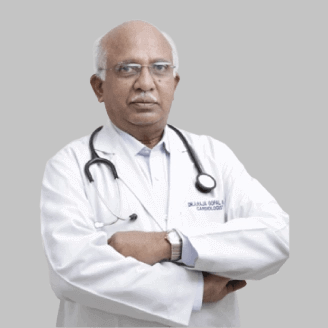
Dr. Alluri Raja Gopala Raju
MBBS, MD, DM, FICA
Cardiology
View More -

Dr. Alluri Srinivas Raju
MBBS, MD, DNB
Cardiology
View More -
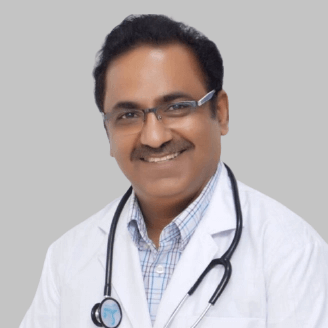
Dr. Aman Salwan
MBBS, MD, DNB Cardiology, FICS (Singapore), FACC, FESE
Cardiology
View More -
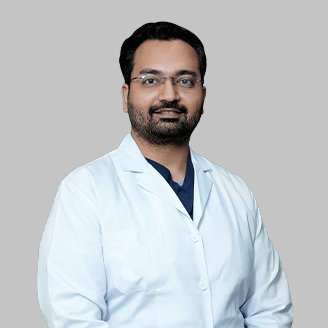
Dr. Amey Beedkar
MBBS, MD (Medicine), DM (Cardiology)
Cardiology
View More -
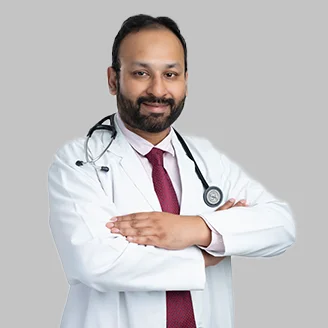
Dr. Aminuddin Ahmeduddin Owaisi
MBBS, MD, DM
Cardiology
View More -
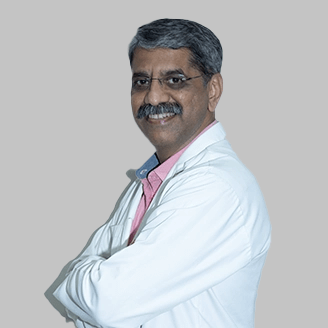
Dr. Anand Deodhar
MBBS, MS (General Surgery), MS (Cardiothoracic Surgery), FRCS, Mch, PGDHAM
Cardiac Surgery
View More -
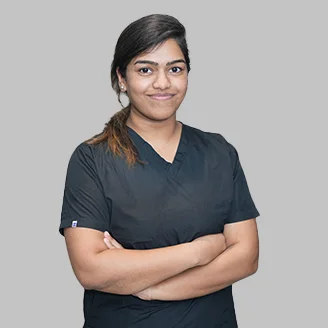
Dr. Aparna Pilla
MBBS
Cardiac Surgery
View More -
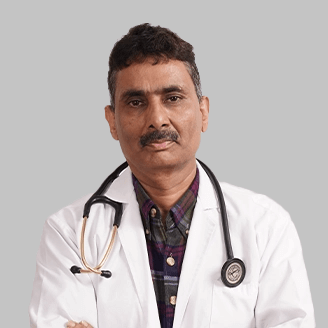
Dr. Ashish Mishra
MBBS, MD, DNB (Cardiology), FACC
Cardiology
View More -
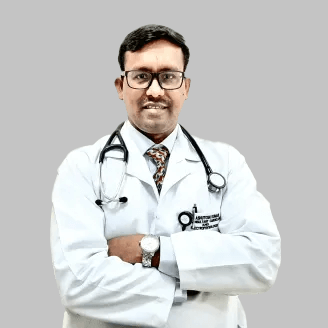
Dr. Ashutosh Kumar
MD (BHU), DM (PGI), FACC (USA), FHRS (USA), FESC (EURO), FSCAI (USA), PDCC (EP), CCDS (IBHRE, USA), CEPS (IBHRE, USA)
Cardiology
View More -
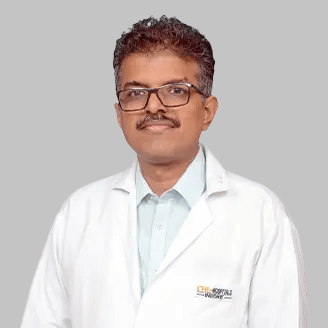
Dr. Atul Karande
MD, FASE, FIAE
Cardiology
View More -
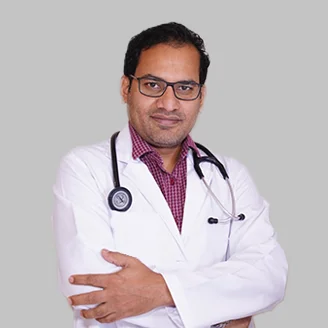
Dr. Beeku Naik Ds
MBBS (JIPMER), MD, DNB (Cardiology), FSCAI
Cardiology
View More -

Dr. Bharat Agrawal
MBBS, DNB (MED), DNB (Cardiology)
Cardiology
View More -
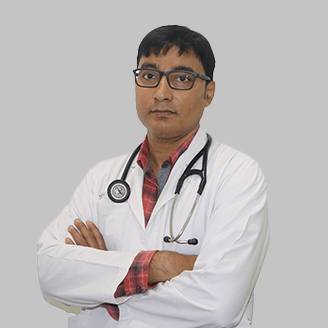
Dr. Bikram Keshari Mohapatra
MBBS, MD (Medicine), DM (Cardiology)
Cardiology
View More -

Dr. Bipin Bihari Mohanty
MBBS, MS, MCh, FIACS, FACC, FRSM
Cardiac Surgery
View More -
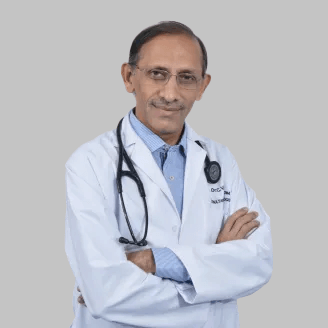
Dr. C. V. Rao
MBBS, MD (General Medicine), DM (Cardiology)
Cardiology
View More -

Dr. Chanakya Kishore Kammaripalli
MBBS, MD, DM (Cardiology) (AIIMS), FACC, FSCAI
Cardiology
View More -
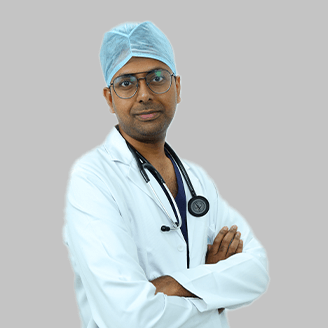
Dr. Debasish Mohapatra
MBBS, MD (General Medicine), DM (Cardiology)
Cardiology
View More -

Dr. G Rama Subramanyam
MBBS, MS, MCh (Cardiothoracic Surgery)
Cardiac Surgery
View More -
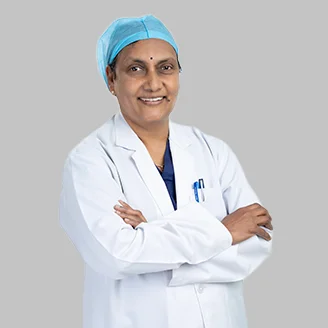
Dr. G. Usha Rani
MS, MCh
Cardiac Surgery
View More -
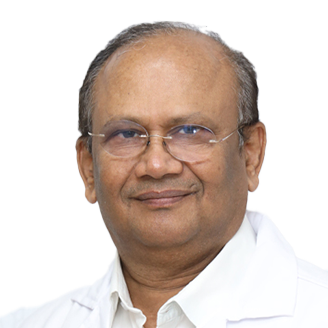
Dr. G.S.R.MURTHY
MBBS, MD (General Medicine), DM (Cardiology)
Cardiology
View More -

Dr. Gandhamdara Kiran Kumar
MBBS, MD (Paediatrics), DM (Cardiology), FSCAI
Cardiology
View More -
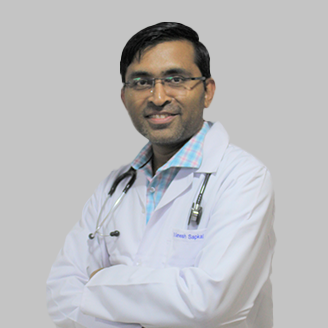
Dr. Ganesh Sapkal
MBBS, DM (Cardiology)
Cardiology
View More -

Dr. Giridhari Jena
MBBS, MD, DM (Cardiology)
Cardiology
View More -
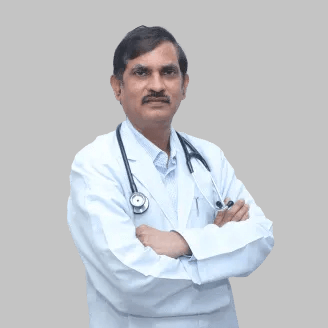
Dr. Gulla Surya Prakash
MBBS, MD (AIMS), DM, FSCAI, FACC (USA), FESC (EUR), MBA (Hospital Administration)
Cardiology
View More -
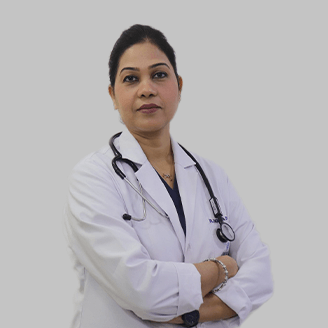
Dr. Indira Panda
MBBS, PGDCC, CCCS, CCEBDM
Cardiology
View More -
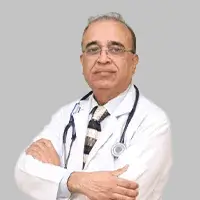
Dr. Javed Ali Khan
MBBS, MD, DM
Cardiology
View More -
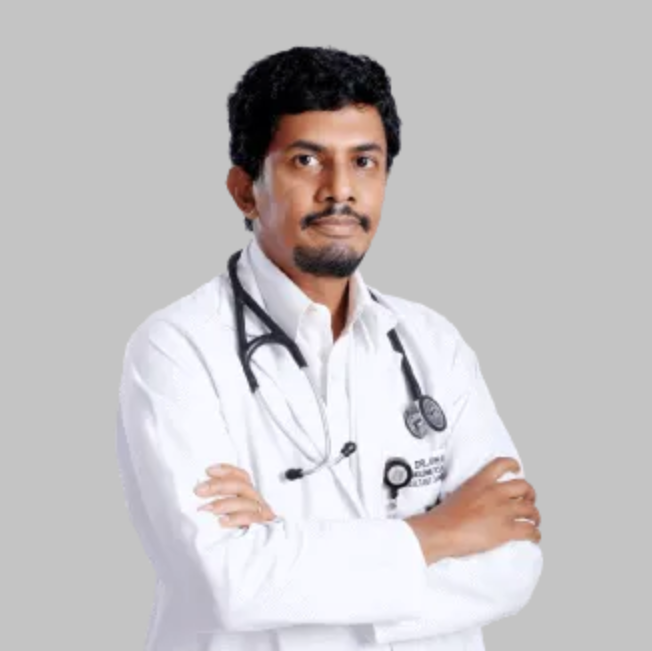
Dr. Johann Christopher
MBBS, MD, DNB, FACC, FICS
Cardiology
View More -
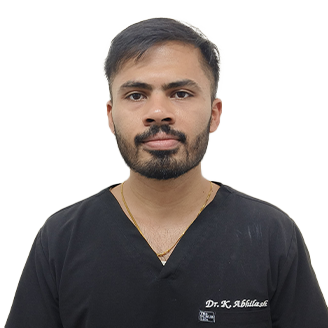
Dr. K.V.S.S.R. Abhilash
MBBS, MD, (DNB)
Cardiology
View More -

Dr. Kanhu Charan Mishra
MBBS, MD, DM (Cardiology)
Cardiology
View More -
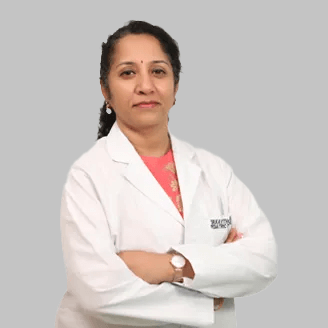
Dr. Kavitha Chintala
MBBS, MD, FAAP, FACC, FASE
Paediatric Cardiology
View More -
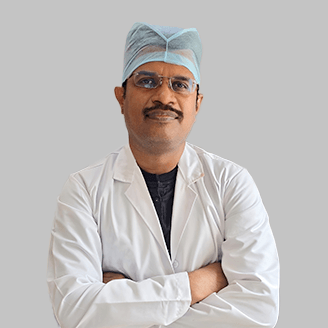
Dr. L. Vijay
DNB (General Surgery), DNB - CTVS (Gold Medalist)
Cardiac Surgery, Paediatric Cardiac Surgery
View More -
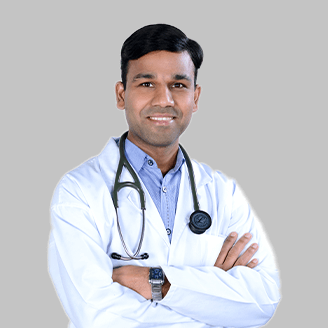
Dr. Lalith Agarwal
MBBS, DNB (Internal Medicine), DNB (Cardiology)
Cardiology
View More -
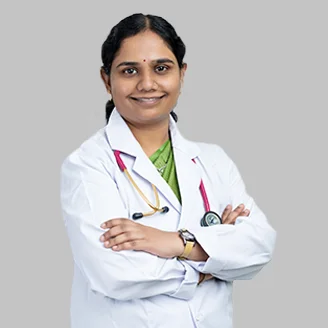
Dr. Lalitha Ravinuthala
MBBS,MD,DM
Cardiology
View More -
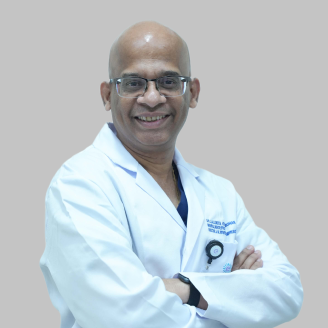
Dr. Lalukota Krishna Mohan
MBBS, MRCP (UK), FRCP (London)
Cardiology
View More -
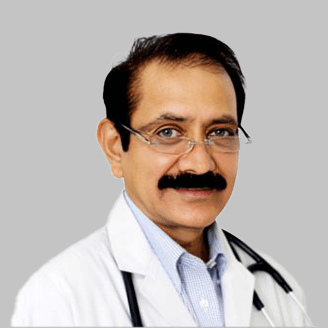
Dr. M Srinivasa Rao
MD, DM (Cardiology), FACC (USA), FESC, FSCAI (USA)
Cardiology
View More -

Dr. Mahendra Prasad Tripathy
MBBS, MD, DM (Cardiology)
Cardiology
View More -
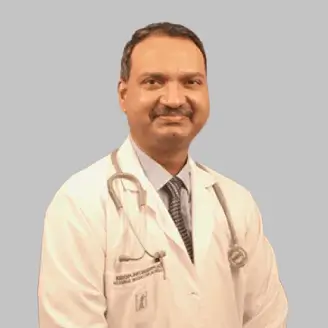
Dr. Manoranjan Misra
MBBS, MS, MCh (CTVS)
Cardiac Surgery
View More -
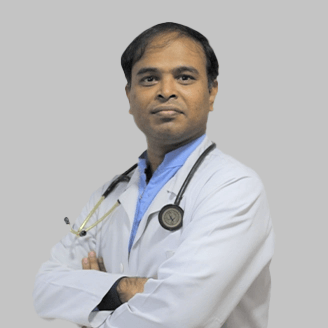
Dr. Milind Kharche
MD. DM (Cardiology ) Fellow of American College of Cardiology (FACC), Fellow of European Society of Cardiology (FESC)
Cardiology, Paediatric Cardiology
View More -
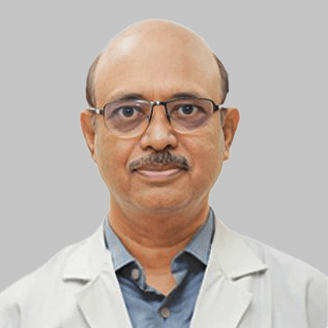
Dr. Nagireddi Nageswara Rao
MBBS, MS, MCh (CTVS), FIACS
Cardiac Surgery
View More -

Dr. Narasa Raju Kavalipati
MBBS, MD (General Medicine), DM (AIIMS New Delhi), FACC
Cardiology
View More -
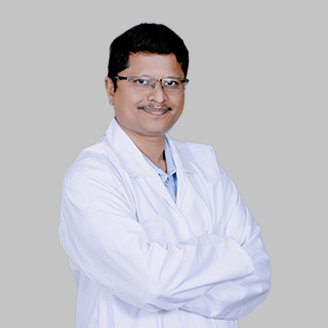
Dr. Naveen Kumar Cheruku
MBBS, DNB, DM, FESC, FSCAI (USA)
Cardiology
View More -

Dr. P Krishnam Raju
MBBS, MD, DM
Cardiology
View More -
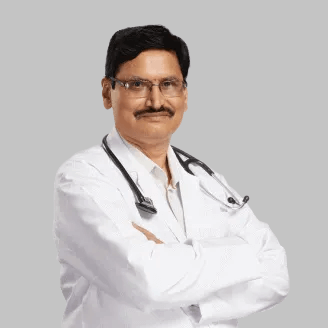
Dr. P L N Kapardhi
MBBS, MD, DM (PGIMER), FACC, FSCAI, FESC, FICC
Cardiology
View More -
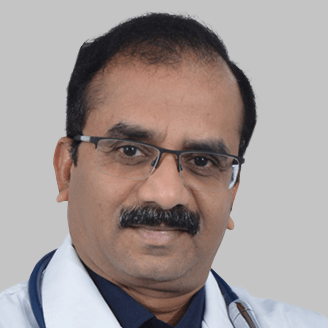
Dr. P.V.V.N.M.KUMAR
MBBS, DM (Cardiology), MD (Paediatrics)
Cardiology, Pediatric Cardiology
View More -
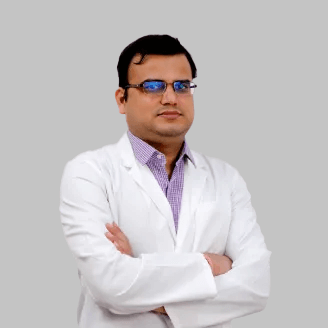
Dr. Panduranga
MBBS, MD (Internal Medicine), DM (Cardiology)
Cardiology
View More -

Dr. Pathakota Sudhakar Reddy
MBBS, MD, DM
Cardiology
View More -
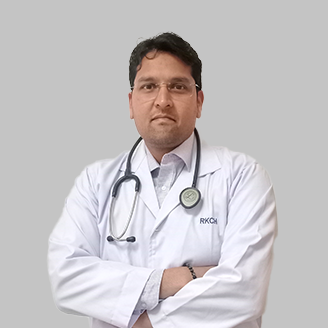
Dr. Pranay Anil Jain
MBBS, MD, DM
Cardiology
View More -
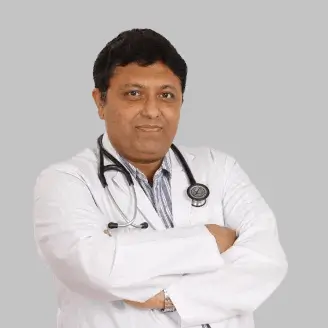
Dr. Priyen Kantilal Shah
MBBS, MD (Card, UKR), FCCP
Cardiology
View More -

Dr. Puneet Goyal
DM (Cardiology)
Cardiology
View More -
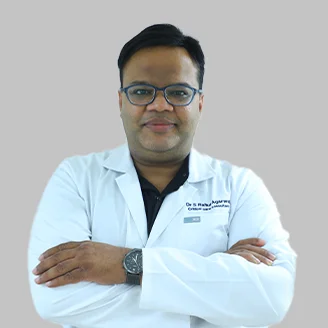
Dr. Rahul Agarwal S
M.B.B.S, FCCCM ( INDIA ) AFIC (INDIA) MD HM ( OU )
Cardiology, Critical Care Medicine
View More -
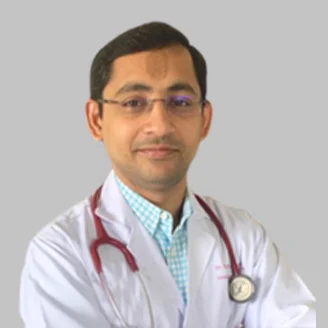
Dr. Rakesh Dubba
MD, DM, PDF
Cardiology
View More -

Dr. Ramakrishna SVK
MBBS, MD, DM, CEPS, CCDS (USA), FACC, FESC, FSCAI
Cardiology
View More -
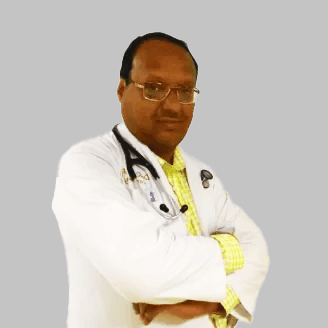
Dr. Ravi Raju
MD, FC, FACC
Cardiology
View More -
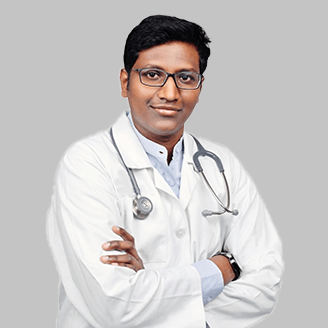
Dr. Ravi Raju Chigullapally
MBBS, DNB (CTVS), FIACS, Fellowship (UK)
Cardiac Surgery
View More -
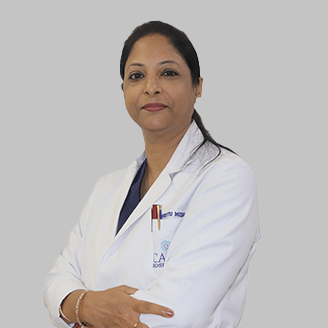
Dr. Reetu Mishra
MBBS, PGDCC, PG Diploma (Clinical Diabetes)
Cardiology
View More -
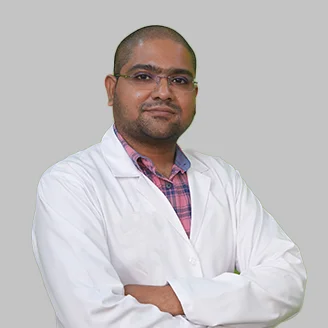
Dr. Revanth Maramreddy
MS, MCh
Cardiac Surgery
View More -

Dr. Revanur Vishwanath
MBBS, MRCP, FSCAI
Cardiology
View More -
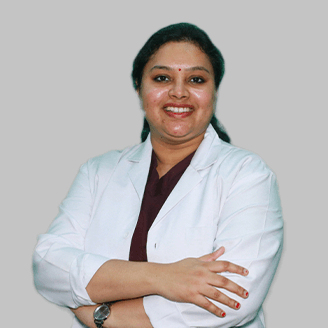
Dr. Sailaja Vasireddy
MBBS, DrNB (CTVS)
Cardiac Surgery, Vascular Surgery
View More -

Dr. Sandeep Mohanty
MBBS, PGDCC, PG Diploma (Clinical Diabetes)
Cardiology
View More -
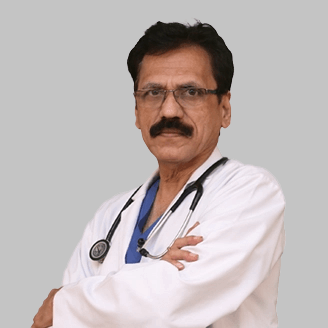
Dr. Shailesh Sharma
MD, DM (Cardiology)
Cardiology
View More -
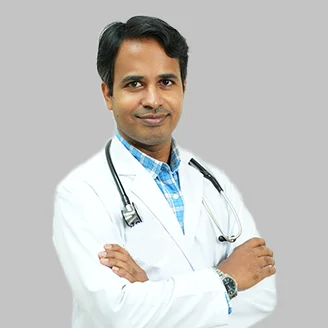
Dr. Shravan Kumar Ch
MBBS, DNB, DM
Cardiology
View More -
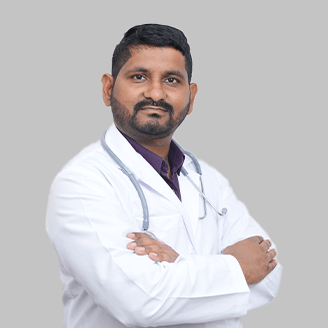
Dr. Sudheer Gandrakota
MBBS, DNB, CTVS
Cardiac Surgery, Vascular Surgery
View More -

Dr. Sujata Patil
MBBS, DCH, DNB (Paediatrics), FNB (Paediatric Cardiology)
Paediatric Cardiology
View More -

Dr. Sujit Kumar Tripathy
MBBS, MD (General Medicine), DM (Cardiology)
Cardiology
View More -

Dr. Surya Prakasa Rao Vithala
MBBS, MD, DM, FACC, FSCAI, FCSI, FICC
Cardiology
View More -
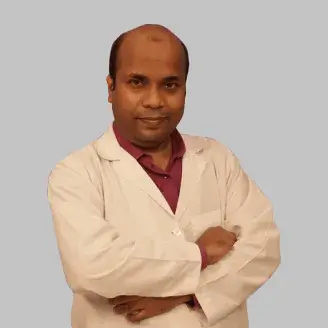
Dr. Suvakanta Biswal
MBBS, MS (Gen. Sur), MCh (CTVS)
Cardiac Surgery
View More -
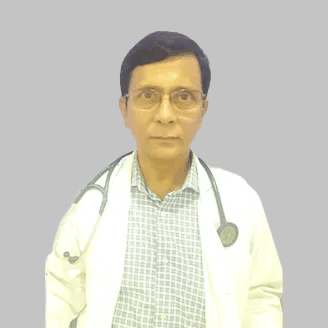
Dr. Tanmay Kumar Das
MBBS, MD (Gen Medicine), DM (Cardiology)
Cardiology
View More -
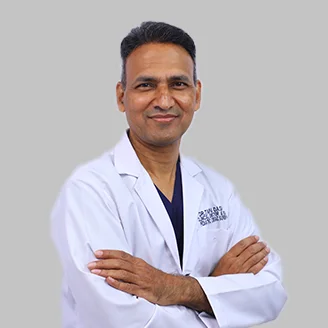
Dr. Tapan Kumar Dash
MBBS, MS, FPCS (USA)
Paediatric Cardiac Surgery
View More -
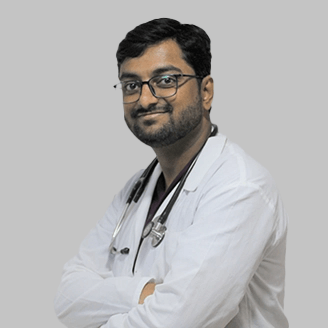
Dr. Umesh Khedkar
MBBS, MD (General Medicine), DM (Cardiology)
Cardiology
View More -

Dr. V. Vinoth kumar
MBBS, MD, DM (Cardiology)
Cardiology
View More -
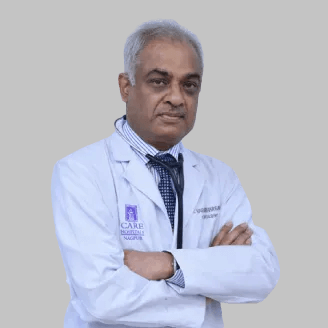
Dr. Varun Bhargava
MD, PGIMER
Cardiology
View More -
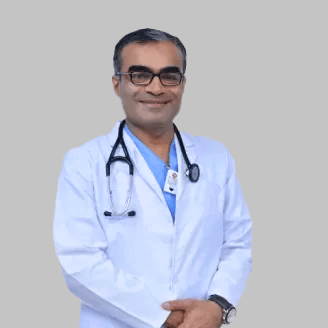
Dr. Vipul Seta
MBBS, MD (MED), DNB(Cardiology)
Cardiology
View More
Frequently Asked Questions
Couldn’t find what you were looking for?
Need any help? Get a Call Back.

Still Have a Question?

